Artificial intelligence (AI) is revolutionizing industries, and businesses worldwide are leveraging AI-powered tools to enhance operations, increase efficiency, and stay ahead of the competition. These tools combine the power of machine learning, automation, and predictive analytics to streamline processes and drive smarter decision-making.
What Are AI-Powered Tools?
AI-powered tools use artificial intelligence technologies to perform tasks that traditionally require human intelligence. These tools analyze vast amounts of data, recognize patterns, make predictions, and automate processes across various domains. From chatbots offering personalized customer service to predictive analytics tools optimizing marketing campaigns, AI-powered tools adapt to specific business needs and provide actionable insights in real time.
How Can AI Improve Business Efficiency?
- Streamlined Operations: AI tools automate repetitive tasks like data entry, scheduling, and inventory management, allowing employees to focus on more strategic activities.
- Enhanced Decision-Making: By analyzing large datasets, AI provides businesses with actionable insights, enabling informed decision-making and better outcomes.
- Improved Customer Experiences: AI chatbots, virtual assistants, and personalized recommendation engines deliver tailored interactions, boosting customer satisfaction and loyalty.
- Cost Savings: Automating processes reduces the need for manual labor and minimizes errors, cutting operational costs significantly.
- Scalability: AI-powered tools handle large volumes of work with consistent quality, making it easier to scale business operations without compromising efficiency.
What Are the Best AI Tools for Sales?
- Salesforce Einstein: Integrates AI into Salesforce CRM to provide predictive lead scoring, customer insights, and sales forecasting.
- HubSpot AI: Automates customer segmentation, email personalization, and analytics, helping sales teams prioritize and nurture leads.
- Gong.io: Uses AI to analyze sales calls and provide insights into customer behavior and team performance.
- Conversica: An AI-powered assistant that engages with leads and automates follow-up communication.
- Clari: Enhances revenue operations by predicting deal closures and tracking sales pipeline health using AI analytics.
How to Choose the Right AI Tool for Your Business?
- Define Your Goals: Identify the specific problems you want to solve or the areas where you want to improve efficiency.
- Evaluate Features: Look for tools with features that align with your business objectives, such as automation, analytics, or customer engagement.
- Consider Scalability: Choose a tool that can grow with your business and adapt to increasing demands.
- Check Integration: Ensure the AI tool integrates seamlessly with your existing software and workflows.
- Review Usability: Opt for tools with an intuitive interface and robust customer support to simplify implementation and adoption.
What Is the Future of AI in Business?
The future of AI in business is promising, with advancements in machine learning, natural language processing, and robotics reshaping industries. Predictive analytics will become more accurate, enabling hyper-personalized customer experiences. Autonomous systems, such as AI-driven logistics and smart factories, will streamline operations further. As ethical AI practices evolve, businesses will also prioritize transparency and accountability in their AI strategies.
AI-powered tools are not just a trend—they are essential for businesses looking to thrive in an increasingly competitive and data-driven world. Embrace the power of AI to transform your business processes, improve efficiency, and unlock new opportunities for growth with ProfitEngines!











